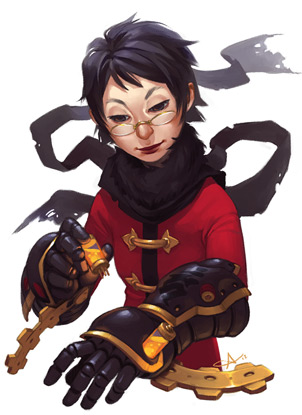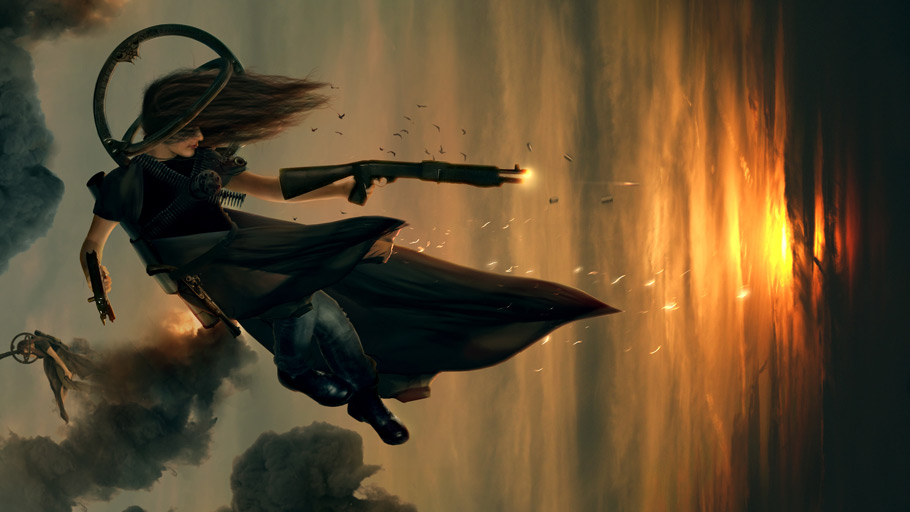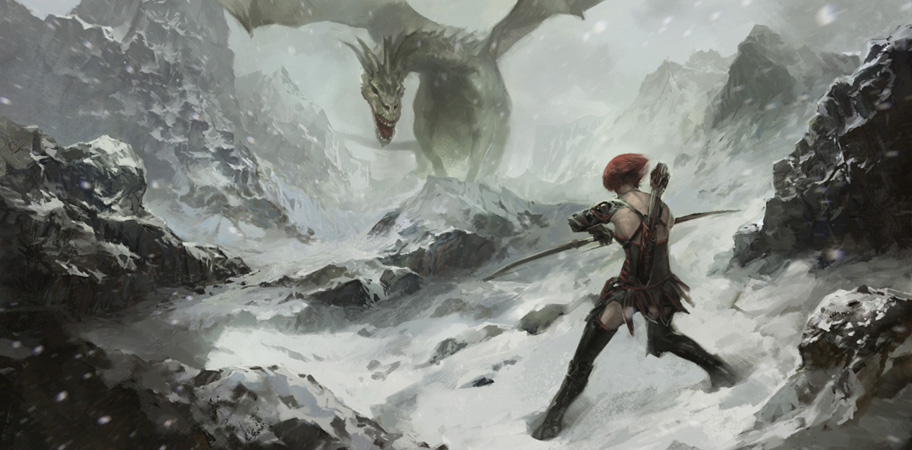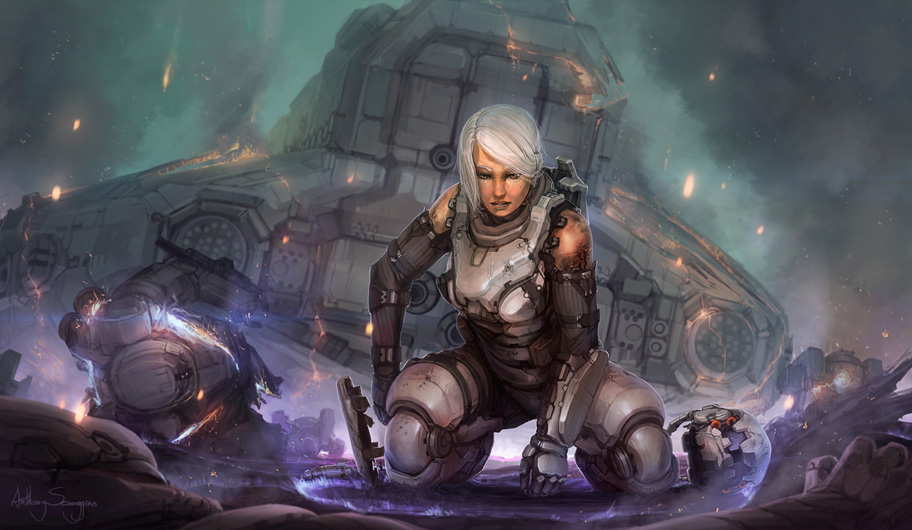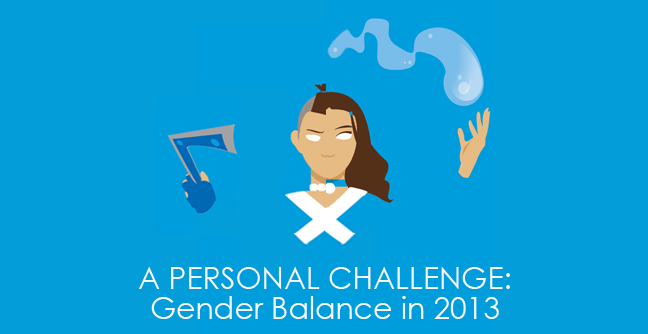“Jane Navio was a chrome-assed bitch … but she was right.” Up Against It, M. J. Locke
I wish there were more Jane Navios in fantasy. Oh, you see them in science fiction and horror, but not in fantasy. There is an unwritten code that women in fantasy novels must not be older than thirty, or they’re all the grandmotherly types over sixty, but rarely are there any in the forty to fifty range. There are a few exceptions to this rule, but since the 1990s, female characters over forty seem to have faded into the background scenery, and very few are protagonists.
Part of this is our current culture. I see it every time I go online. So-and-so actress is aging well, but only because she appears as if she is ten or twenty years younger. Helen Mirren and Dame Judi Dench are the exceptions to this rule. Both of these ladies have played chrome-assed bitches in their films. They don’t waffle or give long, righteous speeches about women and what they need. They wade right into a situation and get the job done.
The genre community talks about writing worlds that are a clearer reflection of the world in which we live, yet no one talks about the need for older protagonists. People don’t cease to exist after thirty, nor do they turn into fountains of knowledge and wisdom. Old bearded men, who guide young men, or ancient wise women, who are kind and giving, simply don’t exist in abundance in the real world. It’s easy become lost in the wonder of youth, but wonder does not automatically stop after a certain age. Even at fifty, I am still discovering new aspects of self and the world around me.
Like everyone else, older people like to see themselves reflected in the fiction they read. When I posed the question on Twitter one day, people were quick to mention George R.R. Martin’s Catelyn and Cersei as good examples of mature women in current literature, and I can’t disagree. Of the two, I’d say that Cersei falls closer to chrome than Catelyn. They are the biggest reasons I’ve stuck with the series as long as I have. Read More »
Bring on the controversy, and strap in for a devil’s advocate view through some eye-opening history, because certain game-changing books were never ‘discovered spontaneously.’ Notably, the profile of these landmark fantasy authors share a profile of mature scope and depth, and stories that open with adult protagonists.
First, busting the myth that Tolkien was ‘discovered’ and broke out by readership word of mouth is not true: Betty Ballantine’s actual account relates how Tolkien’s career blossomed through a publishing scandal.
Allen Unwin first published Professor Tolkien in Great Britain in hardbound. At the time, copyright law in the USA protected up to 2000 unbound copies of a book to be imported as loose pages, to be bound and sold by a US firm. Houghton Mifflin handled Tolkien this way, in routine partnership with Allen Unwin. Nobody paid much attention, though Ian and Betty Ballantine loved the story and offered for paperback rights. Professor Tolkien declined, avoiding what he considered a tacky American edition. Over a period of ten years, when the British edition underwent reprint, repeated lots of unbound sheets of were brought in and sold by Houghton Mifflin in quiet obscurity. Enter a certain paperback publisher’s back room lawyers, who tracked publication records, trolling for the loophole that titles compiling more than the allotted 2,000 loose sheets slid into the public domain. On that legal technicality, Tolkien’s Lord of the Rings was reprinted as the very lurid paperback professor Tolkien had wished to avoid, and worse, with no royalties owed to the author. Read More »
They were easy to spot: each was an accidental heroine, wholly unaware of her strengths, concerned to the point of obsession with her shortcomings.
In 1996 Helen Fielding burst onto the scene with Bridget Jones’ Diary, a novel-in-journal entries featuring a hapless, slightly overweight thirty-something struggling to land a boyfriend. The book went on to sell 2 million copies and, soon after, became a blockbuster film starring Colin Firth and Renee Zellweger. Predictably, in the years that followed, we began to see the “Bridget Jones” character everywhere. They were easy to spot: each was an accidental heroine, wholly unaware of her strengths, concerned to the point of obsession with her shortcomings.
From Twilight’s admittedly problematic Bella, to Game of Thrones’ ineffectual Sansa Stark [Editor’s Note: Just keep reading/watching, Anna. ;)], women who were the recipients, not the perpetrators of action began to overwhelm our fiction. And these women, often depicted as heroes, succeeded in spite of their insecurities: after encountering a guide or a mentor, each experienced a pivotal moment that guided her inner heroine out of the shadows and into the light. Read More »
Editor’s Note: Myke Cole submitted this essay on November 21st, 2013, parallel to the historic graduation of three women from the Marine Corps’ Infantry Training Battalion course It was the first time in the 238-year history of the Marine Corps that this happened. As we know, however, it is far from setting precedent for the rest of human history.
Today, the first three women graduated infantry school for the US Marine Corps. I don’t have to tell you how big a deal this is. It marks the start of an era where our military steps out of a dark age that has limited not only our esteem, but our combat effectiveness, permitting us to tap a resource we have ignored for years for a host of non-reasons too numerous and too farcical to review here.
Life imitates art, folks say. The inverse is also true, so it’s not surprising to see military fiction taking females more seriously, especially in combat roles. The Oh-John-Ringo-No set is seeing its twilight. It no longer represents the military we know, where women hold combat arms roles. It lacks the authenticity that readers of military fiction crave.
People are saying that this is a victory for women, that they have struggled and fought and finally earned the right to be held as equals behind the gun.
I call BS. Read More »
Last year was the first time that I took part in Goodread’s Reading Challenge, which allows you to set a goal of how many novels you wish to read in the year. I read 25 books. It’s not a lot, but it’s what I can fit into an increasingly busy life. What I found more interested, however, was looking back at the list and reflecting on my reading habits throughout the year.
This year, I set myself a new goal 26 books, one more than last year and, more importantly, an even number. My secondary goal is to end the year not only at this number, but with 13 novels by female authors, and 13 novels by male authors, an equal split of gender. Why? Because last year I only read 8 novels by women, about 33% of my total output. Also, because I think it’s good to challenge oneself. Read More »
